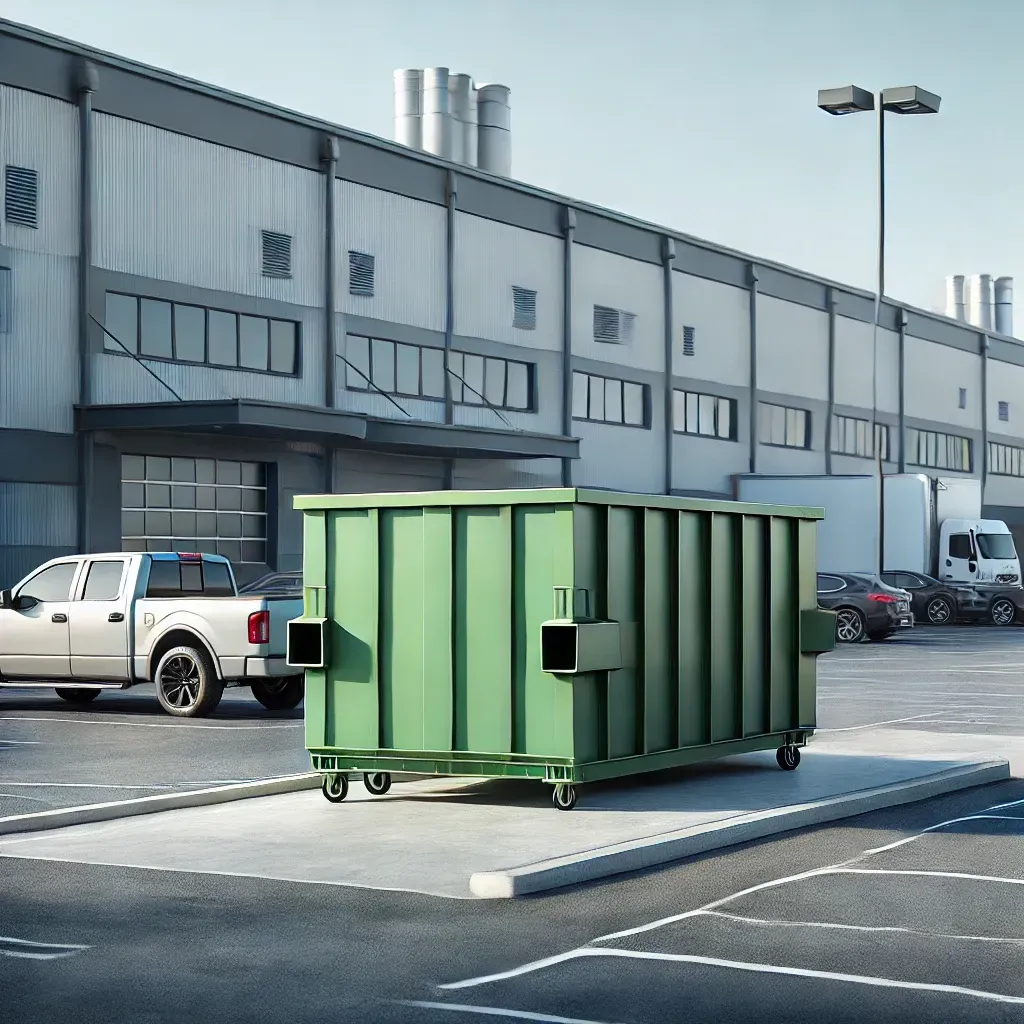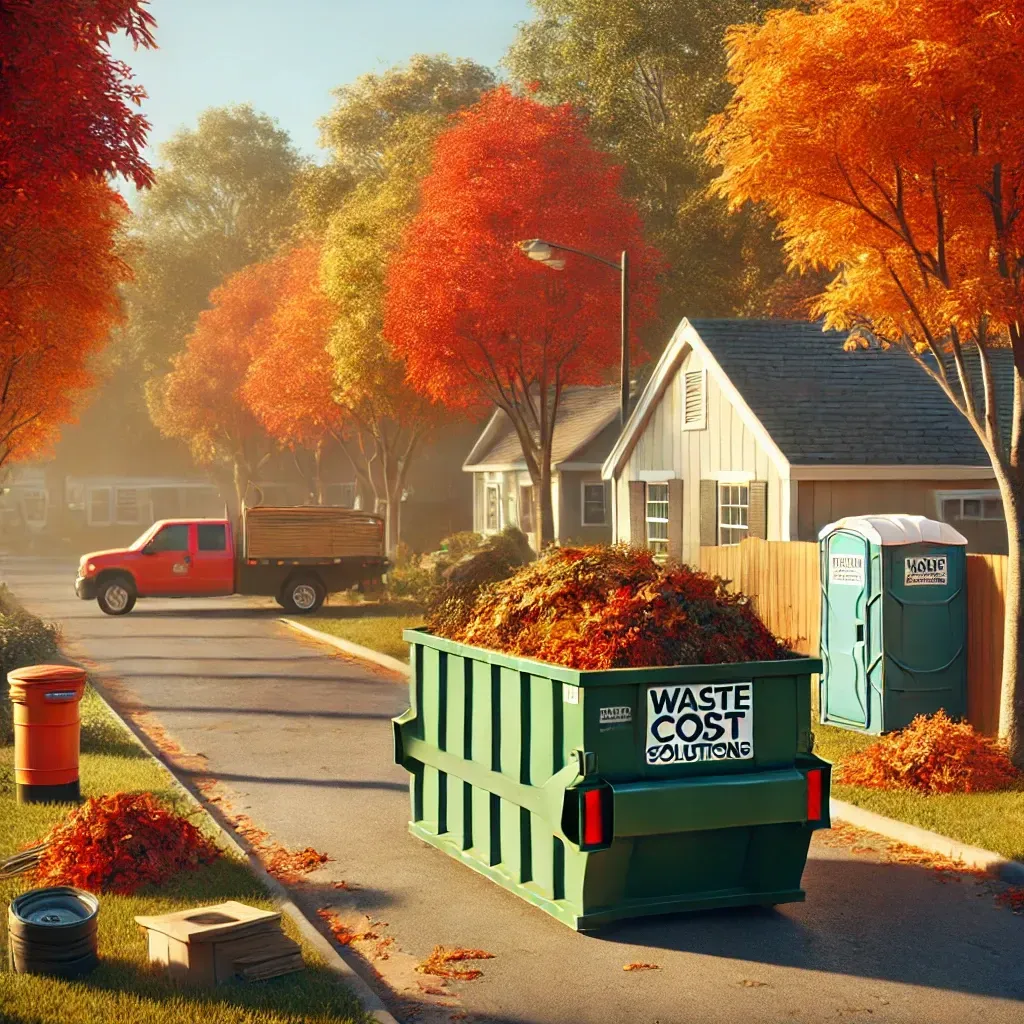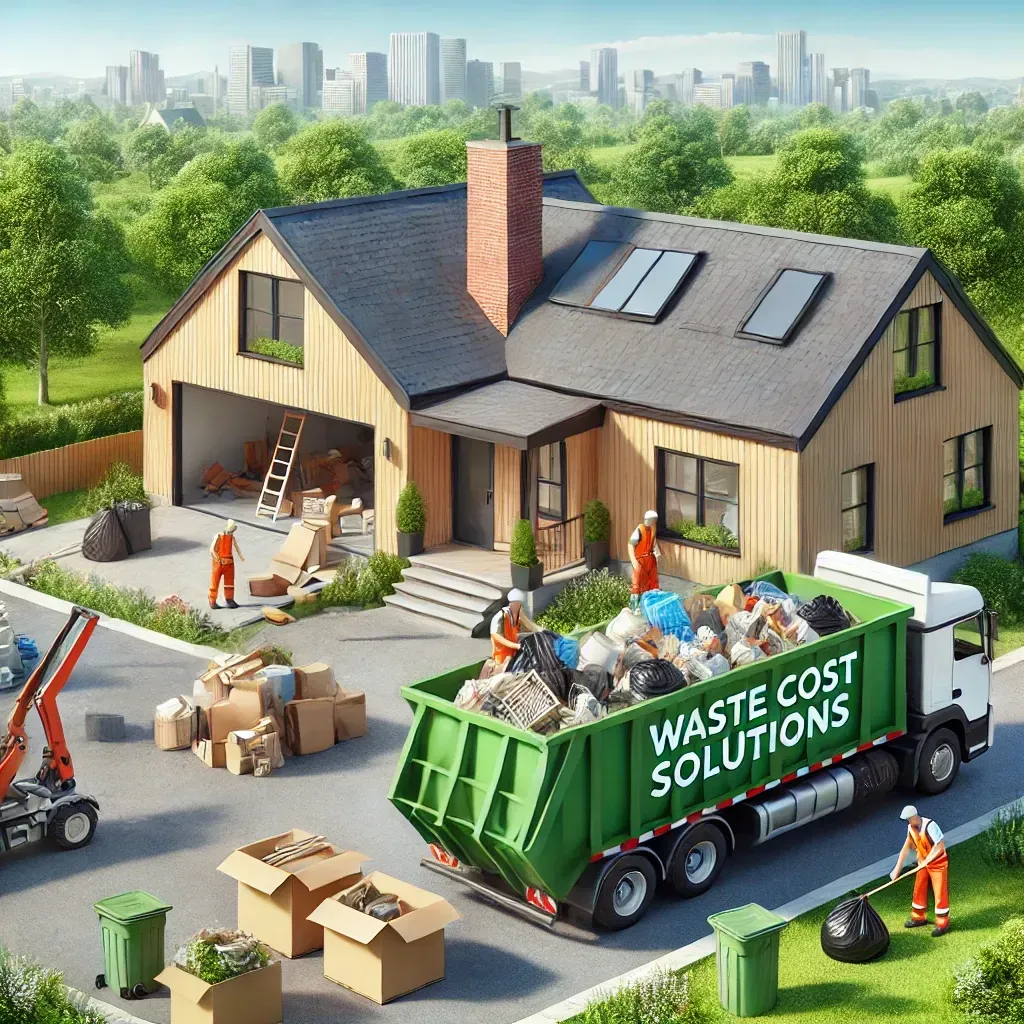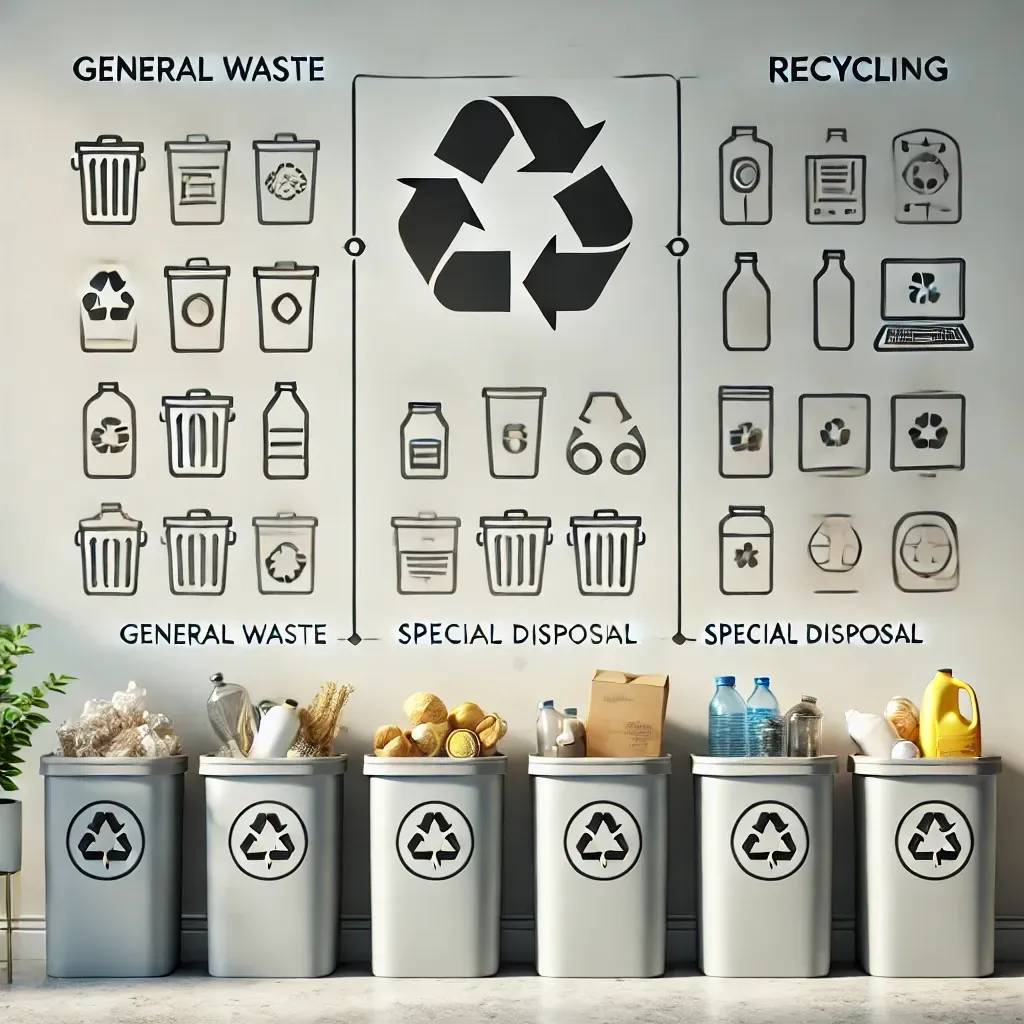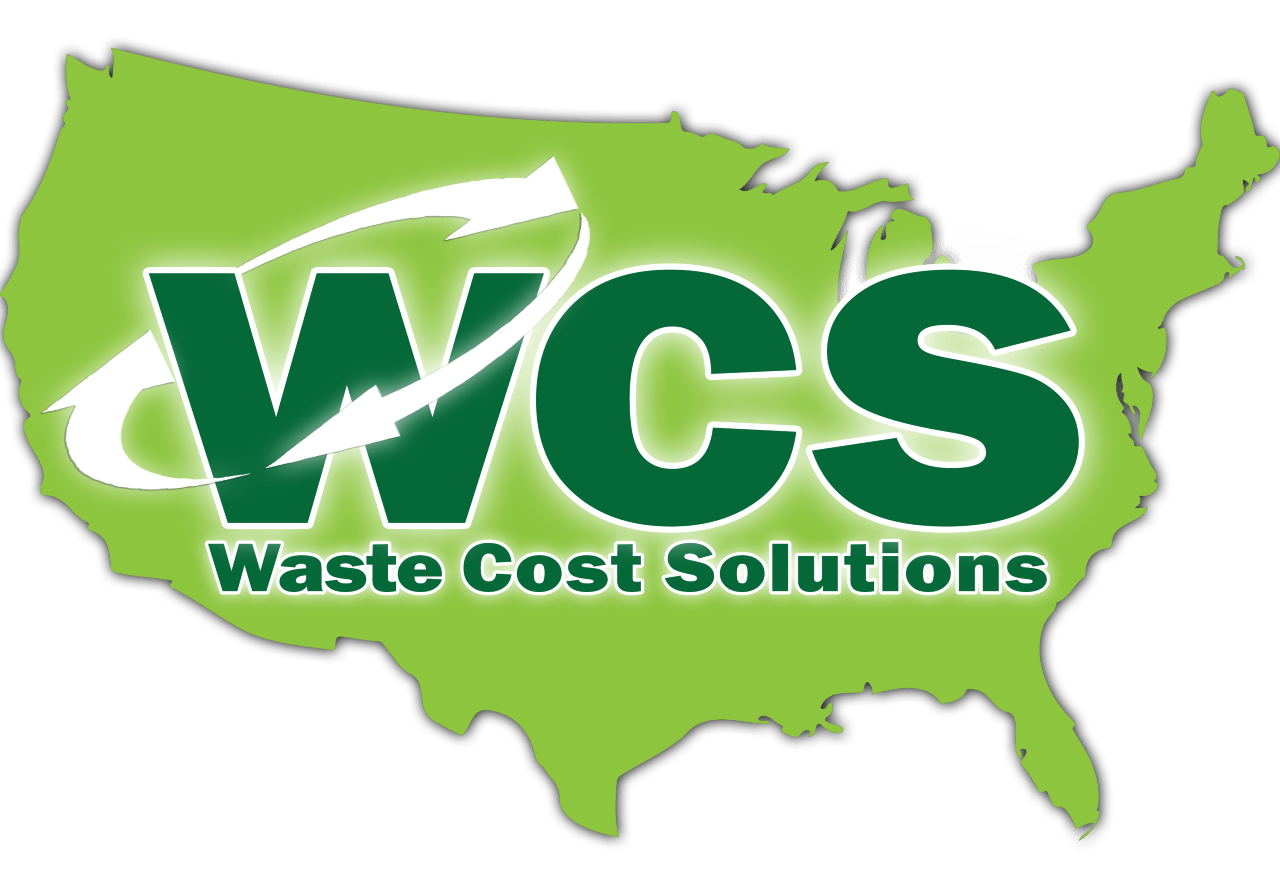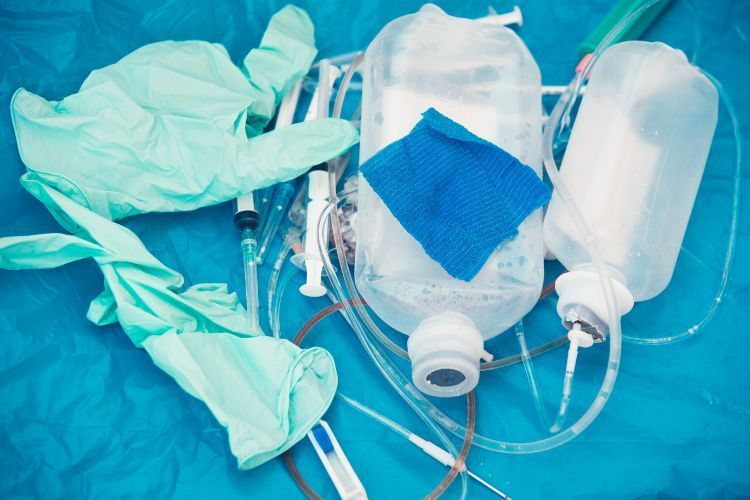Hospital Waste Secrets: Disposing of Biohazards
In the intricate world of hospitals, where care meets complexity, a silent, crucial aspect often goes unnoticed – managing biohazardous waste. Picture this: behind every bandage change and every surgical procedure, there's a trail of biohazardous waste that demands precise handling and disposal. Understanding this often overlooked aspect ensures safety within hospital premises and has far-reaching implications for the environment and community health.
Understanding Hospital Biohazards
Hospitals produce various biohazardous waste, from contaminated materials to used needles. These substances pose serious health risks if not handled properly. Biohazards in medical contexts encompass multiple categories:
Sharps: Used needles, scalpels, or broken glass contaminated with bodily fluids.- Infectious Waste: Items saturated with blood or other potentially infectious materials.
- Chemical Waste: Disposal of chemicals used in medical procedures.
The improper disposal of these biohazards could lead to infections or injuries for healthcare workers, patients, and even waste management personnel. It could also harm the environment if they enter the ecosystem.
Regulations and Compliance
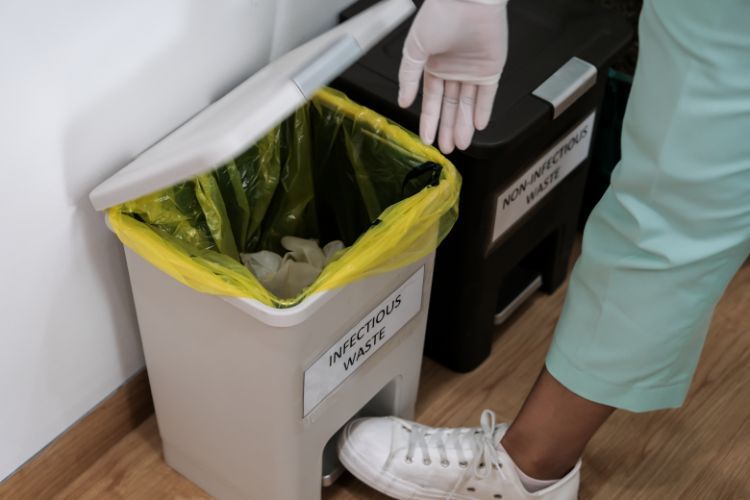
To maintain safety and environmental integrity, various regulatory bodies, including the EPA and OSHA, govern the disposal of hospital waste. Compliance requirements set stringent protocols for handling, segregating, packaging, and disposing biohazardous materials.
Non-compliance isn't just a legal issue; it risks public health and the environment. Heavy penalties and damage to the hospital's reputation loom if regulations aren't followed diligently.
Best Practices in Biohazard Disposal
Proper segregation, packaging, and labeling are paramount in biohazard disposal. Hospitals need well-defined protocols for staff training, ensuring everyone knows the reasonable procedures to minimize risks.
- Segregation Techniques: Separating different types of waste to prevent contamination.
- Packaging Guidelines: Use puncture-resistant containers and secure closures to prevent spills or leaks.
- Labeling: Clear, standardized labels that denote the contents and potential risks.
Innovative Technologies and Solutions
The landscape of waste management in hospitals is evolving. Advanced technologies, such as autoclaving, chemical treatments, or plasma gasification, offer more efficient and eco-friendly ways to manage biohazardous waste.
Partnering with specialized waste management services like Waste Cost Solutions can introduce hospitals to cutting-edge methods tailored to their needs. These solutions ensure compliance and contribute to sustainability by reducing the environmental impact of waste disposal.
Partnering with Waste Management Services
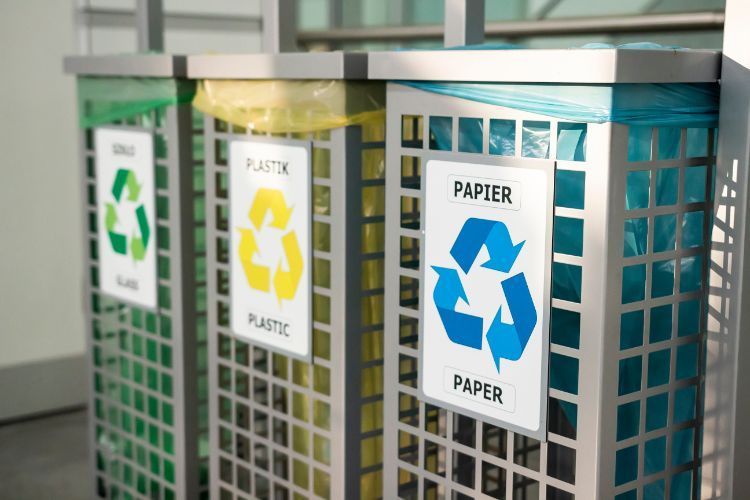
Waste Cost Solutions offers specialized services catering to hospitals' unique waste disposal needs. Our expertise is crafting comprehensive waste management strategies that comply with regulations while prioritizing safety and sustainability.
Partnering with Waste Cost Solutions ensures hospitals have access to:
- Customized Solutions: Tailored waste management plans designed for specific hospital requirements.
- Compliance Assurance: Guidance to ensure adherence to regulatory standards.
- Efficiency and Sustainability: Implementing practices that minimize waste and its environmental impact.
Ensuring Safety and Sustainability
The journey to efficient biohazard disposal continues after implementation. Hospitals must continually evaluate and refine waste management practices. Regular assessments, staff training, and updates on emerging technologies are vital in ensuring safety and sustainability.
Secure Your Hospital's Future with Safe Waste Disposal
Proper disposal of biohazards isn't just a regulatory obligation; it's a commitment to safety, health, and environmental well-being. Waste Cost Solutions is a trusted partner in this endeavor, offering tailored solutions prioritizing safety, compliance, and sustainability. Take a step towards a safer, greener future for your hospital. Visit Waste Cost Solutions for specialized hospital waste management services.
